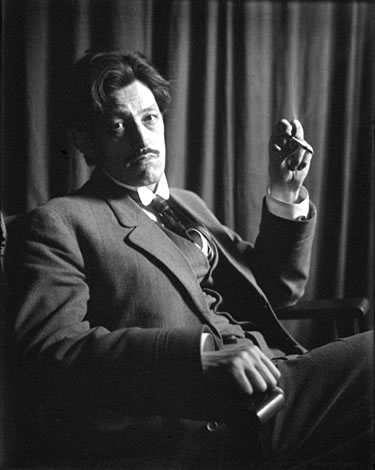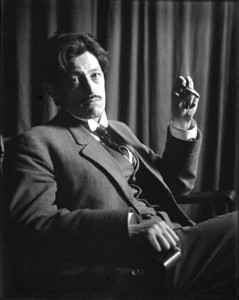 To George Sturgis
To George Sturgis
Hotel Danieli
Venice. May 23, 1940
In about a month I expect to move to the Hotel Savoia, Cortina d’Ampezzo, and remain there until September. My passport is being renewed for another year by the Spanish consul at Rome, very obligingly, without my having to present myself, as there is now no Spanish consul in Venice. This makes my official position easy; even if the war extends to these parts, I can always find a quiet comfortable place, if Rome isn’t safe, or warm enough (they are limiting the coal for furnaces) like Sorrento or Rapallo, where I now have a friend, the ultra-modern American poet Ezra Pound. The only difficulty would be if I couldn’t draw money from America. I have thought out all the possibilities in that case. You may remember my solid reasons for not wishing to go to Spain, and indeed the journey may easily become impossible. But it might be possible for you to send money to Spain (which is sure to remain neutral) say to Rafael or Pepe, who might forward it to me in Italy. Or if that is impracticable, and you think the U.S. is coming into the war, you might (in time) send me a largish lump sum, say $6000 or $10,000 to be put in a bank here, or kept in a stocking, to pay my way until peace returned. These may all be crazy and unnecessary fancies of mine; but I report them so that you may be stimulated, if the occasion arises, to think up something better. Or I might simply draw out the whole of my new letter of credit when it arrives.
I am very well and happy (in spite of the war) at having my final book safely in print, both in England and in the U.S. and only an entertaining answer to my critics to finish for Prof. Schilpp’s big book about my philosophy. That done, I shall be free to amuse myself with my autobiography.
I am sorry for the alarm and anxiety that the war is causing to you all in America. Here the atmosphere is different, and I personally have my philosophy (not merely theoretical) to prepare me for such things and make me put up with them. My old friend Mrs. Potter writes and writes that I must take refuge in America, and I daresay Mrs. Toy thinks the same thing although she knows it is useless to propose it.
From The Letters of George Santayana: Book Six, 1937-1940. Cambridge, MA: The MIT Press, 2004.
Location of manuscript: The Houghton Library, Harvard University, Cambridge MA
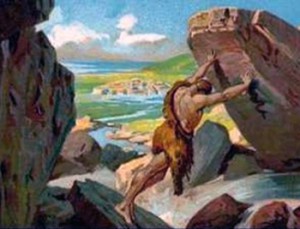 To Charles Augustus Strong
To Charles Augustus Strong
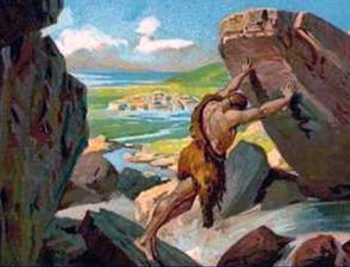
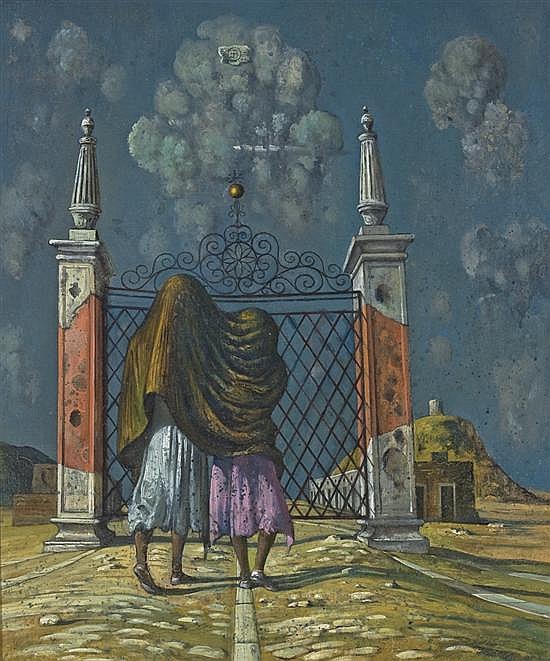
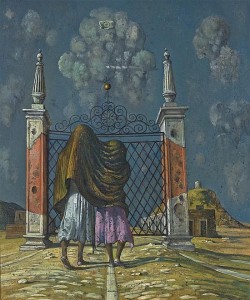


 To Charles Augustus Strong
To Charles Augustus Strong